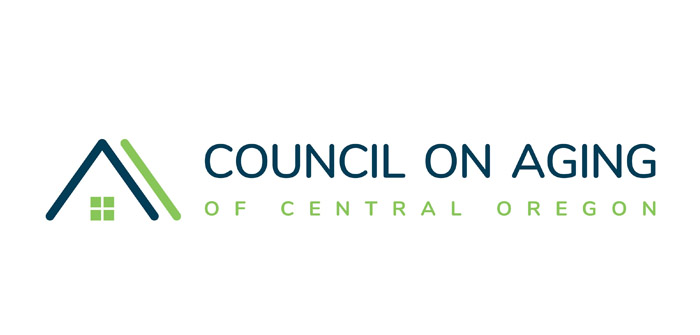The Alzheimer’s Foundation of America (AFA) has awarded $5,000 in grant funding to the Council on Aging of Central Oregon to help fund their Caregiver Respite program, which provides short-term breaks for unpaid family caregivers who are caring for older adults.
“AFA’s grant for respite support is deeply appreciated and timely,” said Susan Rotella, executive director of the Council on Aging of Central Oregon. “Caring for an older loved one with cognitive challenges is tremendously stressful for the caregiver. Research shows these stresses lead to health declines, even fatalities, in the caregiver. The AFA grant will allow us to offer more respite programming to Central Oregon caregivers, giving them time to decompress, rest and renew while alleviating some of the financial and physical burdens caregiving entails.”
“Community-based programs which provide support and education to families impacted by Alzheimer’s disease are critically important as the prevalence of Alzheimer’s continues to grow,” said Charles J. Fuschillo, Jr., AFA’s president and chief executive officer. “We are proud to support the Council on Aging of Central Oregon in delivering much needed services to Central Oregonians affected by Alzheimer’s disease.”
Based in Bend, the Council on Aging of Central Oregon advocates for, empowers and guides older adults and their loved ones to live with independence and well-being. They help people age in place with in-home health and activities of daily living to preserve their functionality and health. They provide caregiver respite support, nutrition programs and referrals to local financial, medical, and legal assistance programs and services. The Council runs a robust Medicare counseling service to help people with first-time enrollments and annual reviews of coverage choices.
This $5,000 grant will help fund the Council’s Caregiver Respite program to help caregivers become better advocates and more confident in assisting their loved ones with their physical, cognitive, and behavioral needs, while providing them with a much-needed break. The program will also deliver services and supports to deter placement in a long-term care setting. Family caregivers are provided with tools to care for themselves, and will be connected to additional resources they may need to better support their own health and safety.





